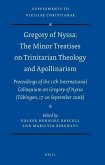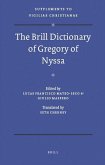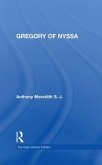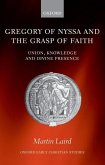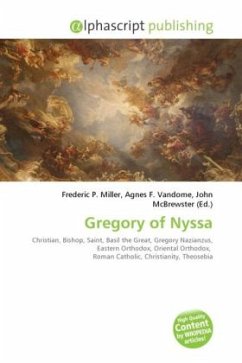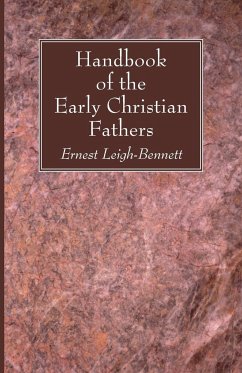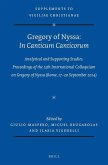This volume explores Gregory Of Nyssa's concept of human nature. It argues that the frequent use Gregory makes of "phusis-terminology is not only a terminological predilection, but rather the key to the philosophical and theological foundations of his thought. Starting from an overview of the theological landscape in the early 360's the study first demonstrates the meaning and relevance of universal human nature as an analogy for the Trinity in Cappadocian theology. The second part explores Gregory's use of this same notion in his teaching on the divine economy. It is argued that Gregory takes this philosophical theory into the service of his own theology. Ultimately the book provides an example for the mutual interaction of philosophy and Christian theology in the fourth century.


